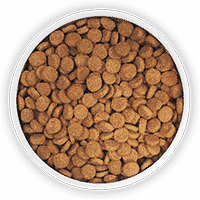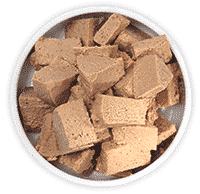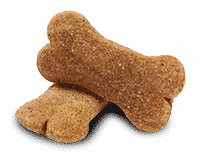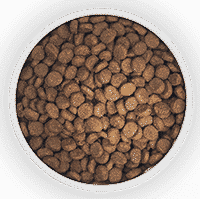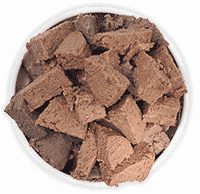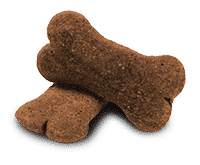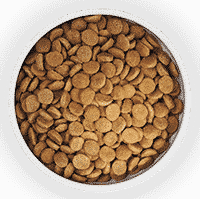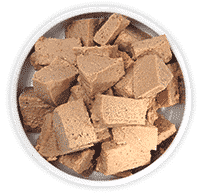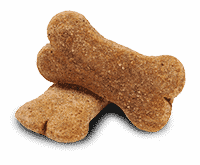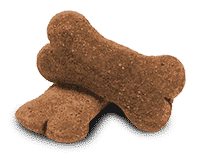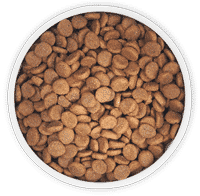When it comes to choosing the best food for your dog, it’s important to consider ingredients that not only taste great but also provide numerous health benefits. One ingredient is salmon. Known for its rich nutrient profile, salmon is becoming a popular choice among pet owners. Here are six key benefits of feeding your dog salmon and why it should be a staple in their diet.

1. Promotes a Healthy Coat and Skin
Salmon is packed with omega-3 fatty acids, particularly EPA (eicosapentaenoic acid) and DHA (docosahexaenoic acid), which are essential for maintaining a healthy coat and skin in dogs. These fatty acids help to reduce inflammation, combat dry and itchy skin, and keep your dog’s coat shiny and soft. Regularly feeding your dog salmon can lead to noticeable improvements in the condition of their skin and fur. Additionally, according to PetMD, omega-3 fatty acids can also help reduce shedding, which can keep your home cleaner and reduce the need for frequent grooming.
2. Supports Joint Health
The anti-inflammatory properties of omega-3 fatty acids found in salmon are also beneficial for joint health. This is especially important for older dogs or breeds prone to joint issues, such as arthritis. A study published in the Journal of Veterinary Internal Medicine found that regular intake of omega-3s can help to reduce joint pain and stiffness, making it easier for dogs to move around and stay active. This can improve their quality of life significantly, allowing them to enjoy their daily activities without discomfort.

3. Enhances Brain Function
Salmon is a rich source of DHA, a type of omega-3 fatty acid that is crucial for brain development and function. Feeding your dog salmon can help improve cognitive functions, which is particularly beneficial for puppies and aging dogs. Highlighted by an animals study, published in MDPI, DHA is vital for the development of the nervous system in puppies, enhancing their ability to learn and respond to training. For senior dogs, DHA helps maintain cognitive function, potentially slowing the progression of cognitive decline and keeping their minds sharp.
4. Boosts Immune System
Salmon is rich in essential vitamins and minerals such as vitamin D, B vitamins, and selenium, which play a significant role in supporting your dog’s immune system. Vitamin D is crucial for maintaining bone health and regulating the immune system, while B vitamins are vital for energy production and overall cellular health. Selenium is a powerful antioxidant that helps protect cells from damage and supports immune health by enhancing the function of immune cells, according to a publication by the National Institutes of Health.

5. Provides High-Quality Protein
Salmon is an excellent source of high-quality protein, which is essential for muscle growth and repair. Protein is a crucial component of a dog’s diet, as it provides the building blocks (amino acids) necessary for healthy muscle and tissue development. Salmon is easily digestible, making it suitable for dogs with sensitive stomachs or those with specific dietary restrictions. The high protein content also helps to maintain energy levels, keeping your dog active and engaged throughout the day.
6. Reduces the Risk of Food Allergies
Many dogs suffer from food allergies and intolerances, often related to common protein sources like chicken or beef. The Whole Dog Journal points out that switching to novel proteins like salmon can significantly reduce allergic reactions in dogs with food sensitivities. Introducing salmon into your dog’s diet can help alleviate symptoms such as itching, gastrointestinal upset, and skin rashes, improving their overall comfort and health.
Feeding your dog salmon offers numerous health benefits, from enhancing their coat and skin health to supporting joint and brain function. By incorporating salmon into your dog’s diet, you can provide them with a nutrient-rich food source that promotes overall well-being. Remember to choose high-quality, sustainably sourced salmon to ensure your dog gets the best nutrition possible. For more tips on canine nutrition, check out our related Zignature blogs and consult with your veterinarian to tailor your dog’s diet to their specific needs.
Sources:
- PetMD: Omega-3 Fatty Acids for Dogs
- Journal of Veterinary Internal Medicine: Omega-3 Fatty Acid Supplementation in Dogs
- animals: The Supplementation of Docosahexaenoic Acid-Concentrated Fish Oil Enhances Cognitive Function in Puppies
- NIH: Selenium in Health and Disease
- Whole Dog Journal: Managing Food Allergies in Dogs
